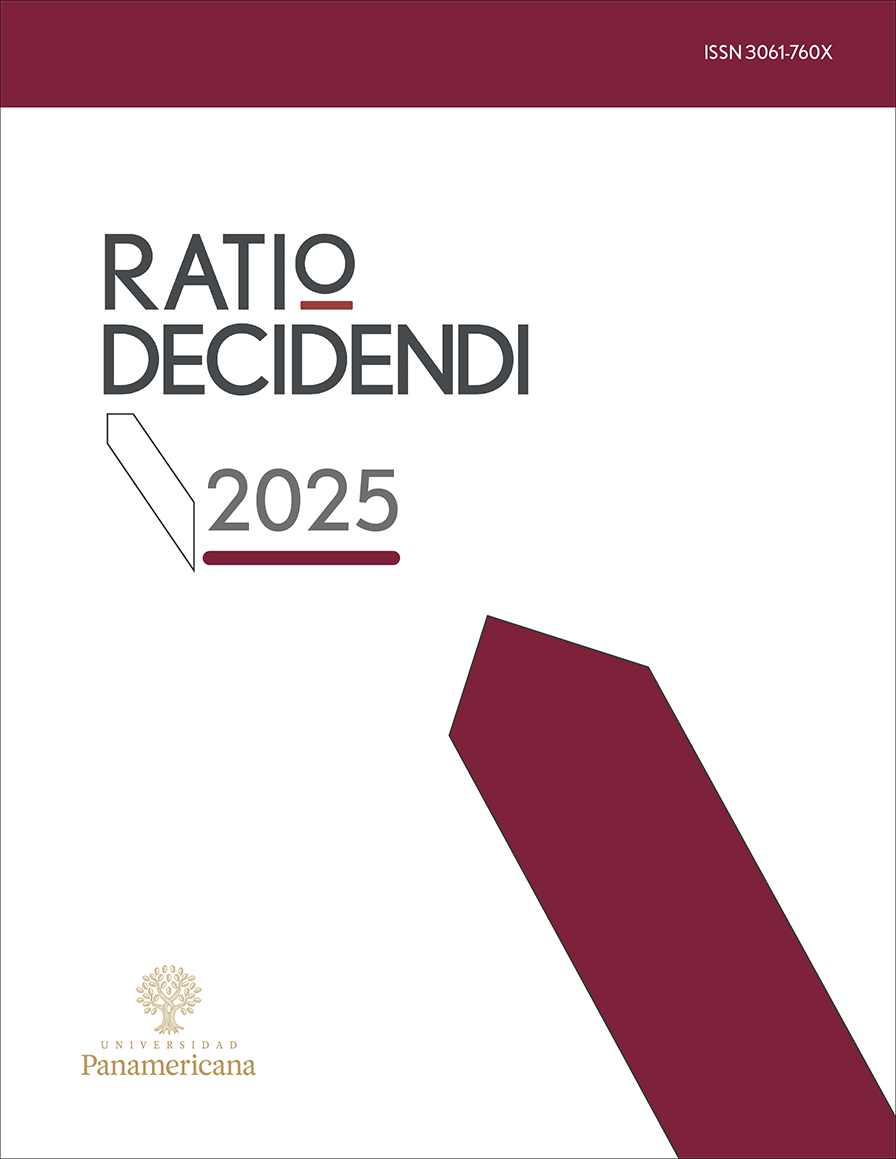Alvear Téllez, J. (2025) Los nuevos derechos humanos: la última degradación del hombre. Marcial Pons. 156 pp.
Published 2025-09-28
Keywords
- Derechos humanos
Copyright (c) 2025 Ratio Decidendi

This work is licensed under a Creative Commons Attribution-NonCommercial-NoDerivatives 4.0 International License.
How to Cite
Abstract
In recent years, a certain amount of ethical, legal, and political literature has begun to circulate on what are referred to as “new rights,” referring to an extraordinary proliferation of some—not overly precise—social prerogatives that would correspond to human beings—and not only to them—without any rational basis or justification that is even moderately precise, methodical, or rigorous. In the book to be discussed here (Alvear-Téllez, 2025), the author, a professor at the Chilean University for Development, conceptually exposes, classifies, genetically develops, and criticizes these dubious rights, with the clear aim of questioning their validity, legitimacy, and effectiveness. He does so briefly, but his discourse is sufficient to raise serious questions about their substance and legality, both from the point of view of constitutional law and the philosophical inspiration behind these “new rights.”
References
- Alvear Téllez, J. (2025). Los nuevos derechos humanos: la última degradación del hombre. Marcial Pons, 156 pp.
- Grego, J., & Pereira-Sáez, C. (Eds.) (2024). Los nuevos derechos humanos. Teoría jurídica y praxis política. Editorial Comares, 534 pp.
- Gewirth, A. (1884). Are there any absolute rights? En Waldron, J., Theories of Rights. Owford University Press, p. 95.
- Segovia, J. F. (2004). Derechos humanos y constitucionalismo. Marcial Pons.


